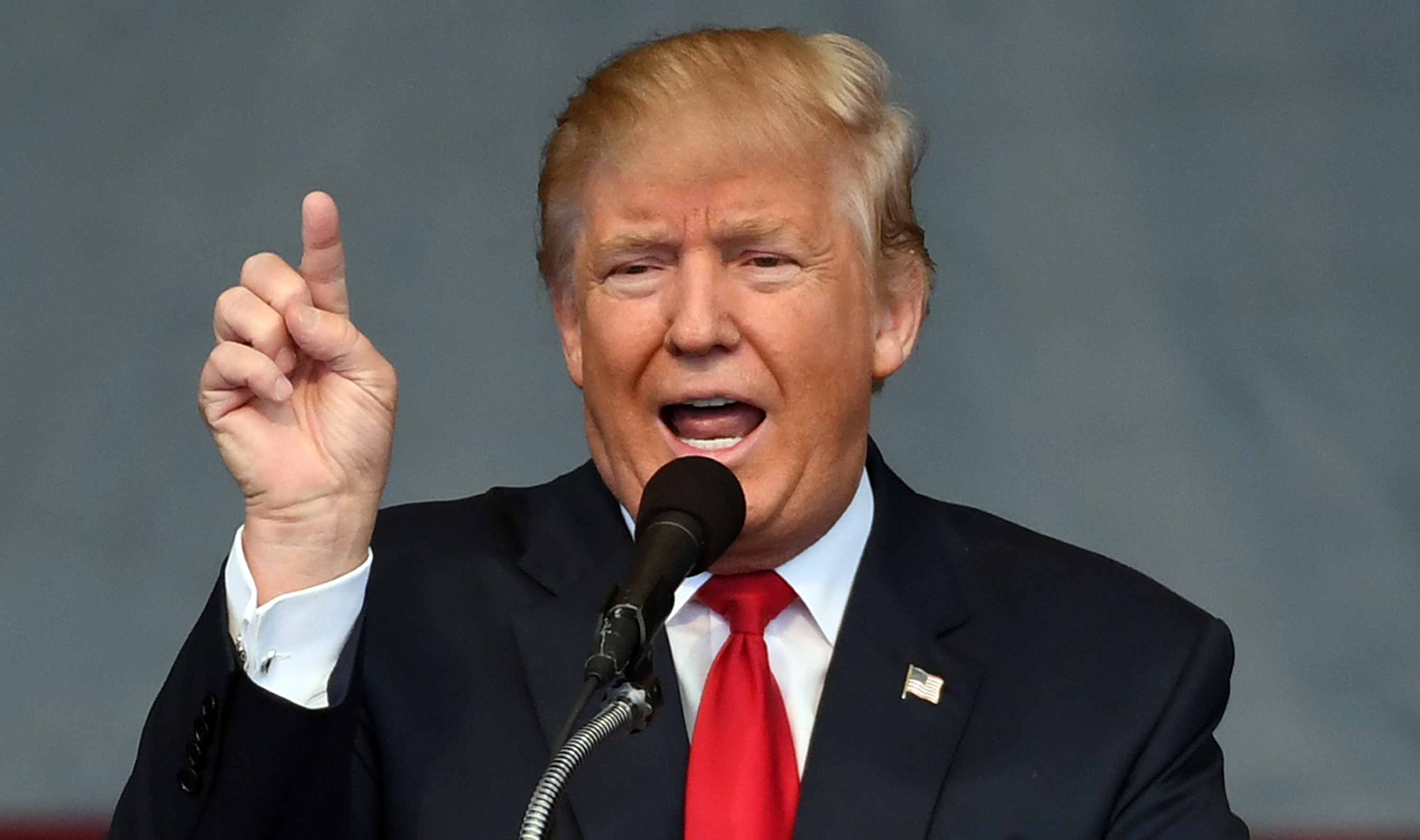Thousands of Indian techies and students in the US seem to be relieved over President Donald Trump’s maiden speech to the American Congress this week, but they are on alert mode as their safety concerns continue to be unabated. A majority of techies from two Telugu states, Telangana and Andhra Pradesh, are a worried lot as their stay in the country appears uncertain.
Even the US consulate in Hyderabad is believed to have conveyed to both the state governments that the “safety and security” of Indian students would be taken care of by the US administration. “We are conveying US consulate assurances to the panicked parents,” an official with the General Administration Department of Telangana government told The Sunday Guardian.
Both Telangana and AP governments have written to the Ministry of External Affairs (MEA) explaining the fears voiced by the parents of techies and students in the US over their wards’ safety and security. The MEA is learnt to have assured the states that enough steps are being taken by the Centre to communicate the matter to the US administration.
The US officials are aware of the psyche of Indian software professionals and students in the country. That is why the US consulate officials in Hyderabad had permitted protests in front of their Begumpet office by some groups, on Tuesday, the day of the funeral rites of Srinivas Kuchibhotla, 32, a techie shot dead by a US navy veteran, Adam Purington, 51, in Kansas last week.
Around 35,000 students pursuing different courses in the US along with another 1.5 lakh techies have been shaken by the Kansas killing. They are gripped by not just physical threat to their lives, but also by uncertain stay in the US due to the upcoming changes in the H1B visa norms.
There are different types of techies and students who might be affected by the new visa law. First, those who have H1B visas, but may not match the new minimum wage prescribed by the proposed law, from $60,000 dollars to $1.32 lakh per annum. The second are those who are waiting for H1B visas from the US quota (around 20,000) through lottery. The third category comprises students who are currently studying or just finished studies and are on optional practical training (OPT) period, which allows them to stay in the US for a maximum of three years to search for a job. These students are not sure whether to while away three years in the US by doing sundry jobs or return to India immediately, amid reports that OPT would be cut to one year.
Dozens of Telugu NRI associations and law firms have swung into action to assuage the concerns of techies. Representatives of these associations have been holding meetings with the parents and assuring them that they would take care of the future of their children in the US. At least four or five NRI bodies’ meetings were held in the past week in Hyderabad and Vijayawada.
Right from offering tips on how to behave and escape from possible racial hatred from locals in the US, these American Telugu associations have been assuring the parents that they would take care of the possible eviction of their children from the country, if the situation warrants. Some Telugu NRI bodies are ready to help the students find low-end jobs at the first instance.
“This is a crucial time when we need to stand by our Telugu engineers and students. We are doing our level best by assuring them of moral support and legal protection,” Ch. Srinivas, senior functionary of the Association of Progressive Telugu Americans (APTA), told this newspaper from New Jersey on phone on Thursday.
APTA held a meeting of Telugu techies in New Jersey last Sunday. Srinivas, who interacted with dozens of Telugu students and engineers in the US said that they could not afford to return to India at once due to their financial commitments back home. “Most of their parents had raised educational and personal loans for their stay in the US,” said Srinivas.
The American Telugu Association (ATA) and the Telugu Association of North America (TANA) are two other bodies that are in touch with the families of software engineers in Telangana and AP. Though the two bodies do not enjoy good relations, currently they are working together in contacting Telugu techies in the US and their parents in India.
“We have no issues on working with TANA, as we are also in touch with Indian embassy officials on the safety of our engineers and students,” said Prasad K. Hari, of ATA from Dallas over phone. Prasad Thotakura, president of Indo-American Friendship Council, also from Dallas, too, has been advising Telugu techies on how to mingle with the US culture and ensure their safety in the country.

